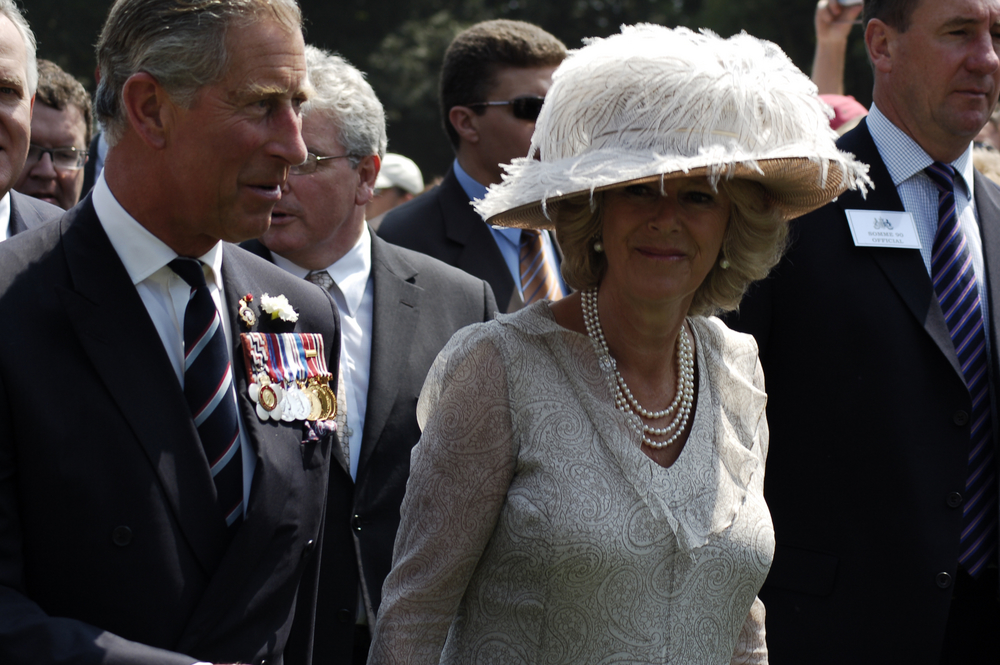
SINGAPORE— Prince Charles and his wife, Camilla, were welcomed to Singapore on Tuesday, the first stop of an 11-day trip to strengthen ties between Britain and Asian countries.
They received a ceremonial welcome on their arrival to the Southeast Asian island nation, a former British colony where they were to have an orchid named after them and attend several community events. Charles, the heir to the British throne, last visited Singapore in 1979.
“It is a matter of great pride that as Singapore has flourished over the decades, so has her friendship with the United Kingdom,” Charles said at a state banquet hosted by Singapore President Halimah Yacob.
Charles also met Prime Minister Lee Hsien Loong and laid a wreath at the Cenotaph, which honours soldiers who died during World Wars I and II.
A handwritten card left by the prince read: “In grateful remembrance of your service and sacrifice Charles.”
Singapore was a valuable trading port still under British rule when Japanese troops moved swiftly down the Malay Peninsula in early 1942. Thousands of soldiers from countries such as Britain, Australia and New Zealand were killed in the fighting and on Feb. 15, 1942, British Lt.-Gen. Arthur Ernest Percival surrendered Singapore and hostilities ceased.
Though the British returned after the war, locals pushed for self-rule and Singapore gained independence in 1965.
“We have prospered together,” Charles said at the state banquet. “We have suffered together too.”
He added: “Today, ours is a close partnership of equals, underpinned by our shared history.”
Singapore’s president noted that the 40,000-strong British community is the largest in Southeast Asia.
“They have become an integral part of the Singapore story with their many contributions. Our two countries enjoy a natural affinity due to our common history,” she said.
The royal couple leaves for Malaysia on Thursday. They’ll cap off their Asia tour with visits to Brunei and India.
British media reported that Myanmar was considered for the trip but was excluded from the itinerary. The mass exodus of hundreds of thousands of minority Muslim Rohingya amid violence in Myanmar’s Rakhine state has become a major humanitarian crisis, with Myanmar leader Aung San Suu Kyi facing heavy international criticism.